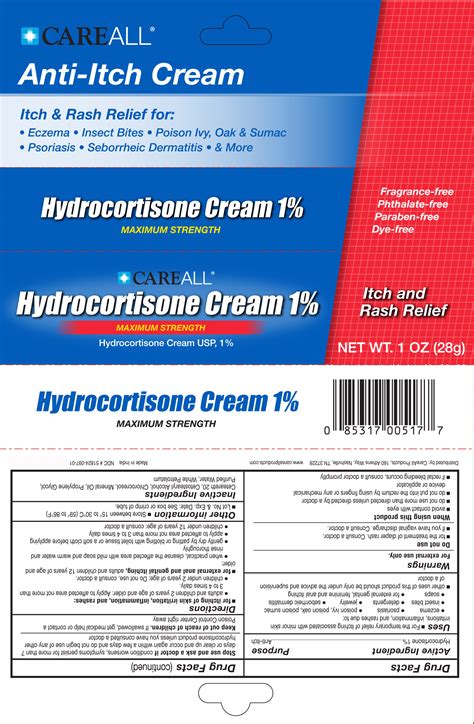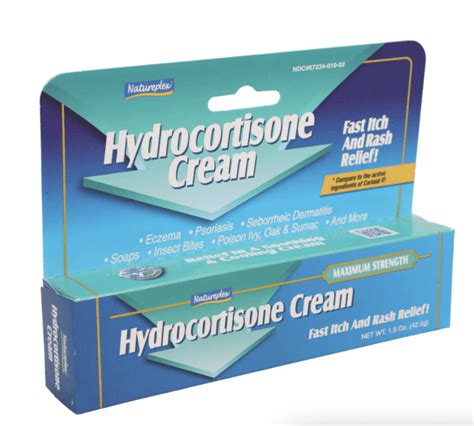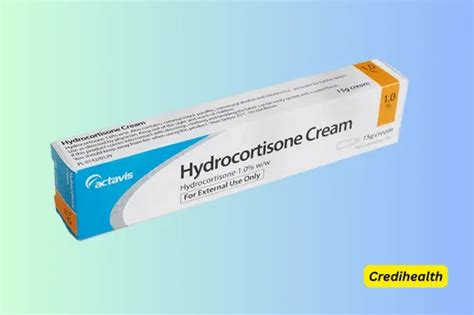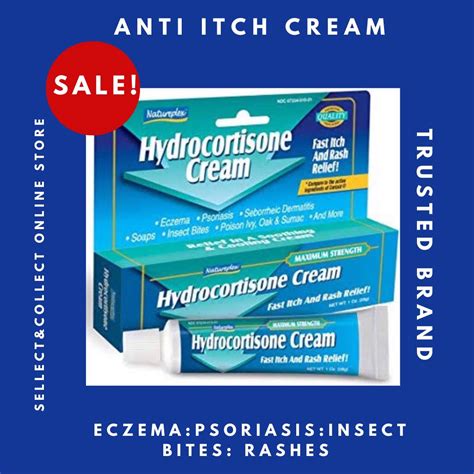Intro
Discover 5 hydrocortisone cream side effects, including skin thinning, acne, and redness. Learn about topical steroid risks, allergic reactions, and long-term use consequences, to use hydrocortisone safely and effectively.
The use of hydrocortisone cream has become a staple in the treatment of various skin conditions, including eczema, dermatitis, and allergies. This topical steroid cream is designed to reduce inflammation, itching, and redness, providing relief to individuals suffering from these conditions. However, like any medication, hydrocortisone cream can have side effects, some of which can be serious. It is essential to understand these potential side effects to ensure safe and effective use of the cream.
Hydrocortisone cream is a mild steroid, and when used as directed, it is generally well-tolerated. However, prolonged or excessive use can lead to adverse effects. The cream works by suppressing the immune system, reducing inflammation, and relieving symptoms. While it can be an effective treatment option, it is crucial to be aware of the potential risks associated with its use. In this article, we will delve into the five common side effects of hydrocortisone cream, exploring the benefits and risks of using this topical steroid.
Introduction to Hydrocortisone Cream

Common Side Effects of Hydrocortisone Cream

Short-Term Side Effects
Short-term side effects of hydrocortisone cream are typically mild and resolve on their own once the treatment is stopped. These may include: * Mild redness and irritation * Itching and burning sensations * Dryness and flakiness of the skin * Skin thinningLong-Term Side Effects
Long-term side effects of hydrocortisone cream can be more serious and may include: * Skin atrophy: Prolonged use of hydrocortisone cream can cause skin atrophy, leading to thinning, wrinkling, and age spots. * Telangiectasia: Hydrocortisone cream can cause telangiectasia, which are small, dilated blood vessels that appear as red spots on the skin. * Glaucoma: Using hydrocortisone cream around the eyes can increase the risk of glaucoma, a condition that can lead to vision loss. * Cushing's syndrome: Rarely, long-term use of hydrocortisone cream can cause Cushing's syndrome, a condition characterized by weight gain, high blood pressure, and other symptoms.Risks and Precautions

Special Precautions
Special precautions should be taken when using hydrocortisone cream, especially in certain individuals, such as: * Children: Hydrocortisone cream should be used with caution in children, as their skin is more sensitive and prone to adverse effects. * Pregnant or breastfeeding women: Hydrocortisone cream should be used under the guidance of a healthcare professional, as it may be absorbed into the bloodstream and affect the fetus or baby. * Individuals with certain medical conditions: Hydrocortisone cream may interact with other medications or worsen certain medical conditions, such as diabetes, high blood pressure, or liver disease.Benefits of Hydrocortisone Cream

Using Hydrocortisone Cream Responsibly
To minimize the risk of side effects and maximize the benefits of hydrocortisone cream, it is essential to use it responsibly. This includes: * Following the instructions provided by the healthcare professional or on the packaging * Using the cream for the recommended duration and frequency * Applying the cream only to the affected area * Avoiding combination with other topical corticosteroids or medicationsAlternatives to Hydrocortisone Cream

Natural Remedies
Natural remedies, such as aloe vera, coconut oil, and tea tree oil, can also provide relief from skin conditions. These remedies can be used in conjunction with hydrocortisone cream or as an alternative treatment option.What is hydrocortisone cream used for?
+Hydrocortisone cream is used to treat various skin conditions, including eczema, dermatitis, and allergies.
What are the common side effects of hydrocortisone cream?
+The common side effects of hydrocortisone cream include skin thinning, redness and irritation, acne, itching and burning, and allergic reactions.
Can I use hydrocortisone cream on my face?
+Yes, hydrocortisone cream can be used on the face, but it is essential to use it with caution and under the guidance of a healthcare professional, as it can cause acne, redness, and irritation.
How long can I use hydrocortisone cream?
+The duration of use for hydrocortisone cream depends on the individual and the condition being treated. It is essential to follow the instructions provided by the healthcare professional or on the packaging and to use the cream for the recommended duration and frequency.
Are there any alternatives to hydrocortisone cream?
+Yes, there are several alternatives to hydrocortisone cream, including topical immunomodulators, antihistamines, moisturizers, and natural remedies.
In
Final Thoughts

